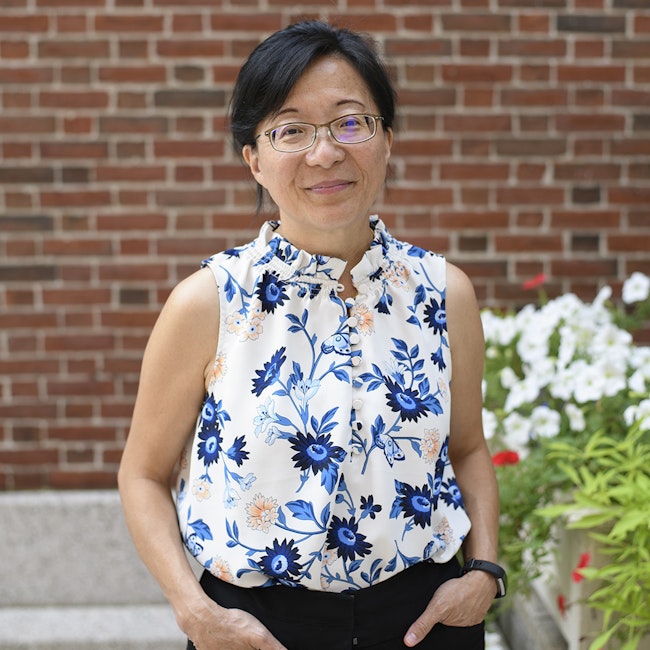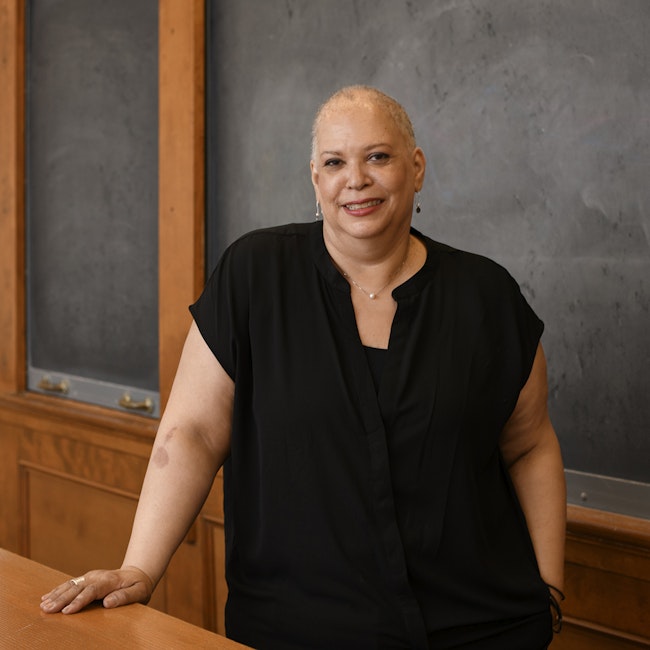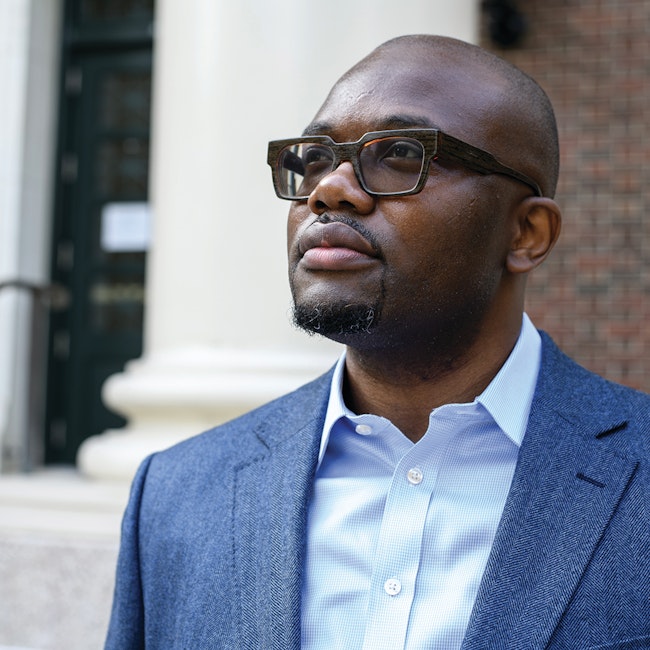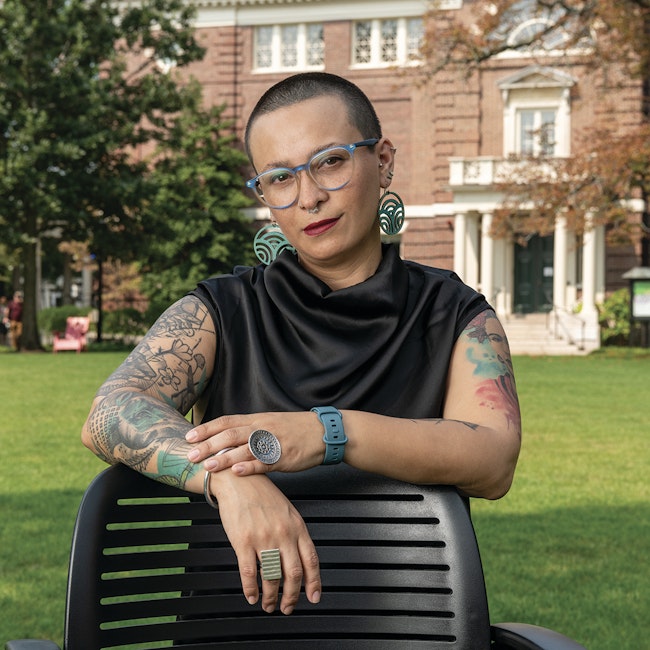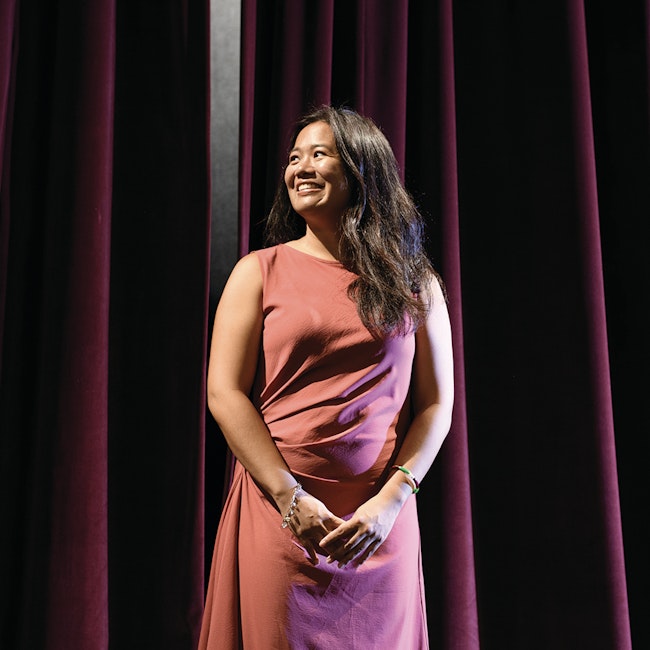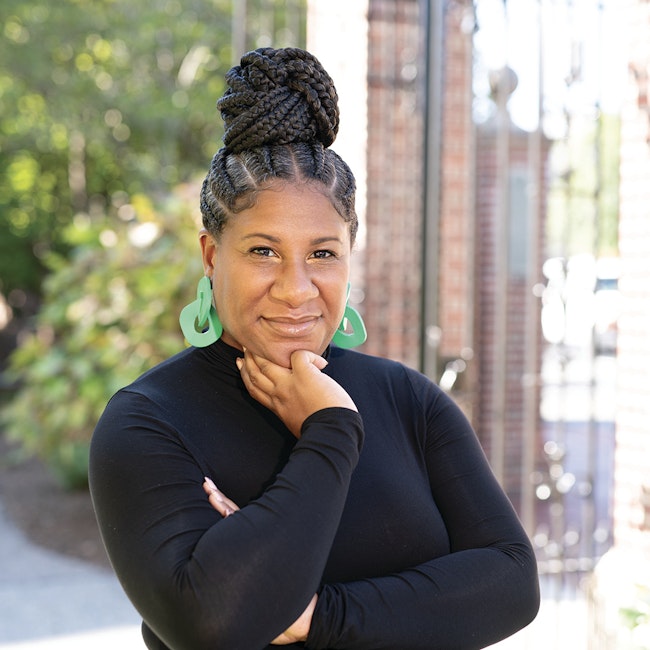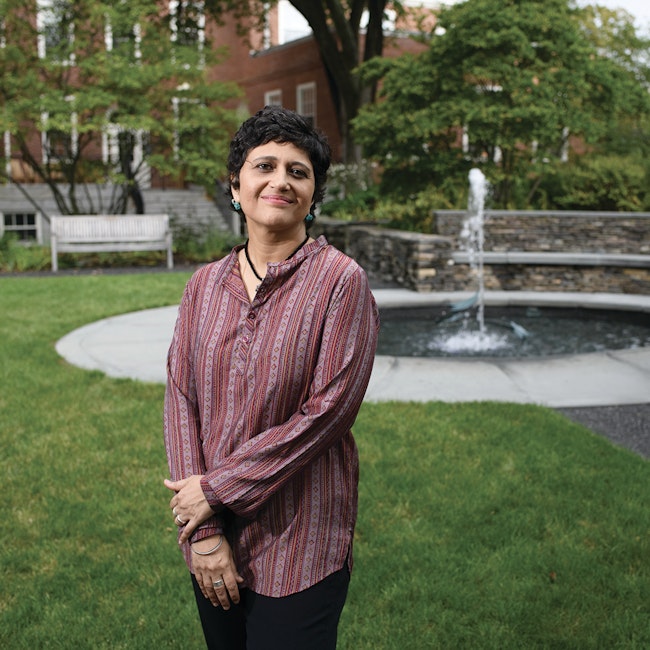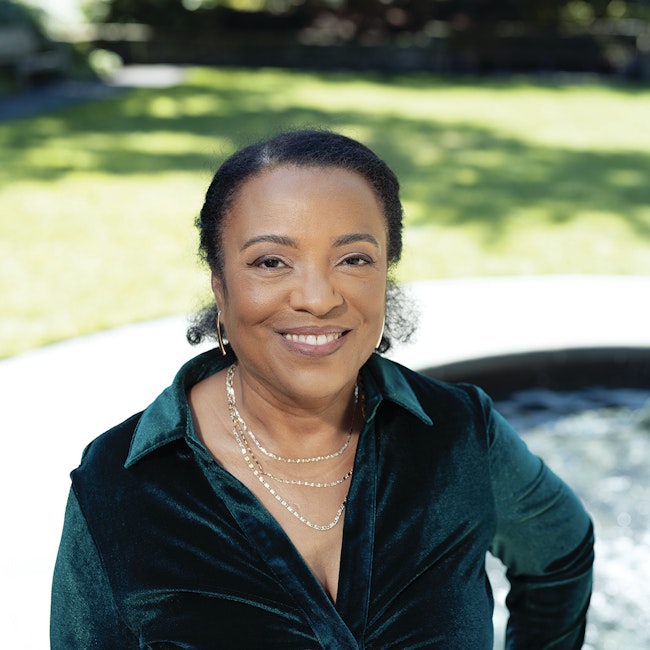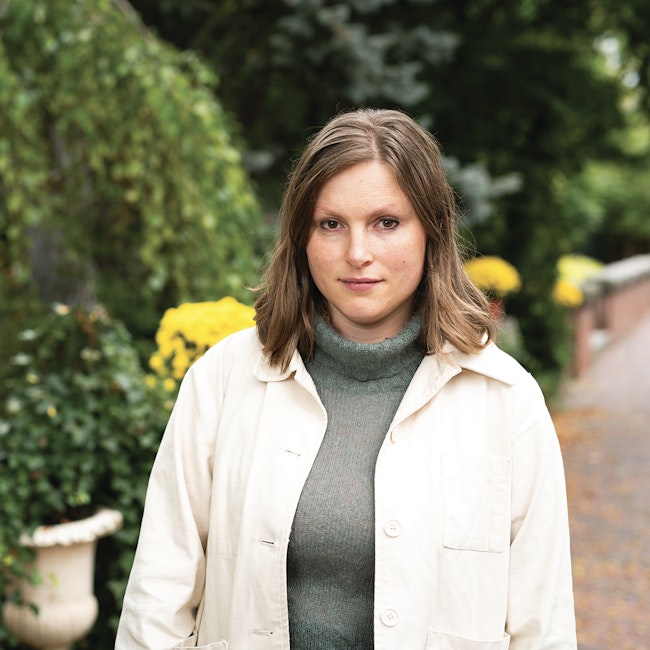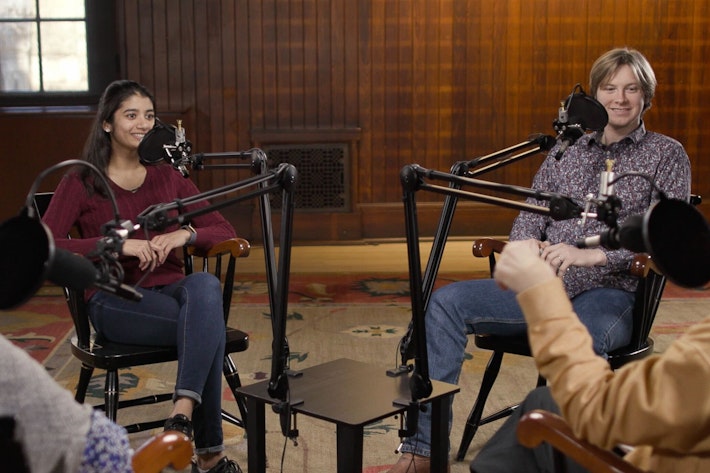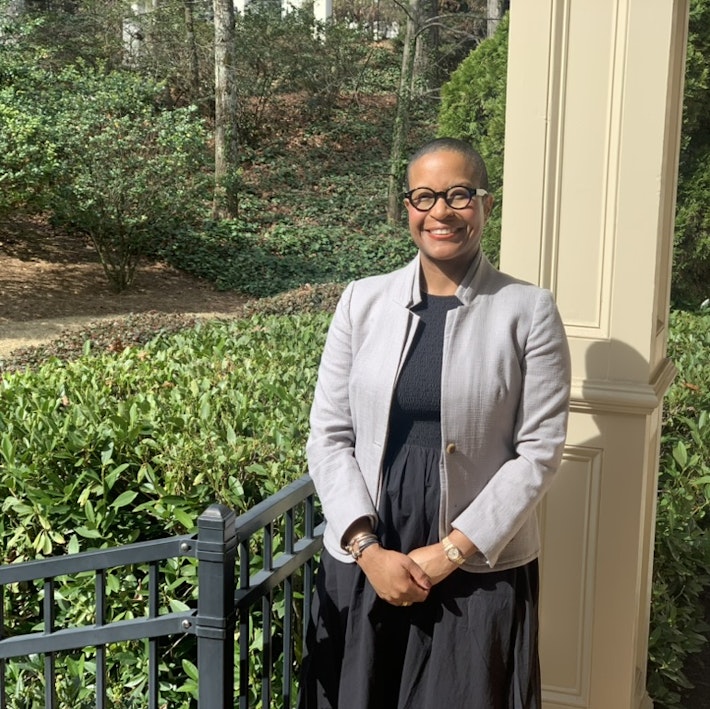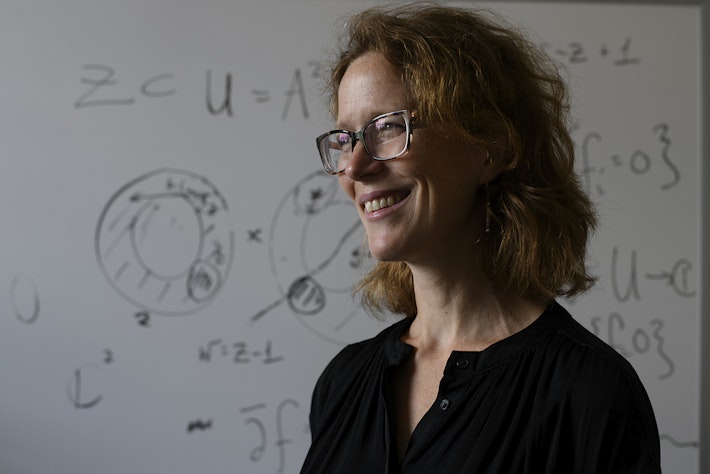Linda G. Griffith
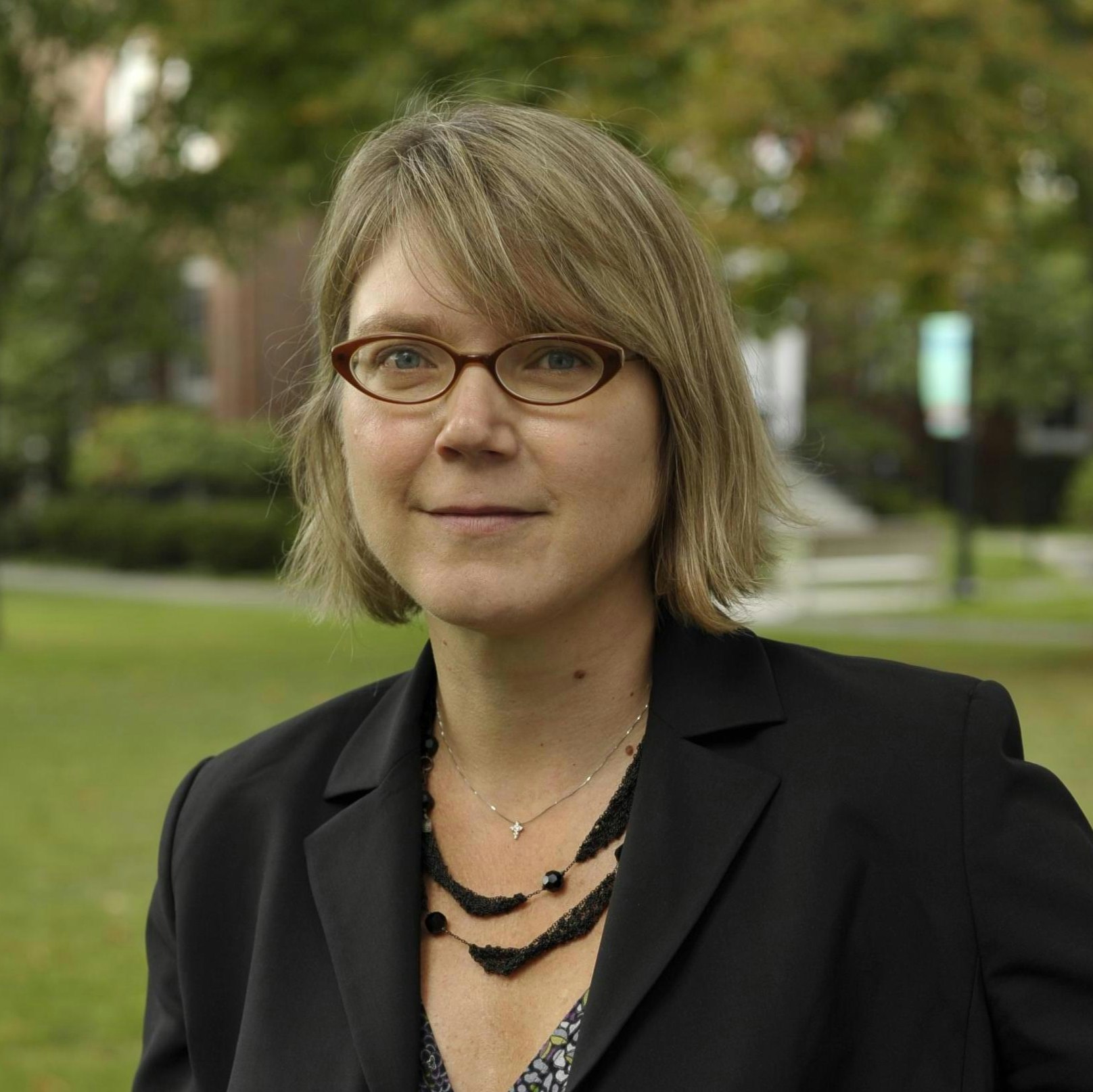
This information is accurate as of the fellowship year indicated for each fellow.
Linda G. Griffith is a professor of biological and mechanical engineering at the Massachusetts Institute of Technology (MIT), where she holds the School of Engineering Teaching Innovation Chair. Her work focuses on tissue engineering. At a fundamental level, she designs biomaterials to control the behavior of cells and tissues and ways of building scaffolds to direct large-scale tissue growth. At an applications and translational level, her lab develops therapeutic scaffolds for regenerative medicine. She has contrived a clinically successful product for bone regeneration.
Griffith would like to integrate tissue engineering with systems biology to illuminate complex disease processes not well replicated in animal models. At Radcliffe, she will apply this approach to endometriosis, a disease that afflicts about 10 percent of women in their childbearing years. In particular, she will develop new tools to enable the visualization of complex inflammatory networks in cell cultures from afflicted patients, revealing what is functionally different about their cells.
Griffith received a BS from the Georgia Institute of Technology and a PhD from the University of California at Berkeley in chemical engineering. She led the development of MIT's new major in biological engineering and has served as director of its Biotechnology Process Engineering Center since 2003. Work in her lab is supported by grants from the National Science Foundation, the National Institutes of Health, the Department of Defense, and others. She currently serves on the scientific advisory board of the National Institute of Arthritis and Musculoskeletal and Skin Diseases and is a MacArthur Fellow.
They Call It a "Women’s Disease." She Wants to Redefine It. (New York Times, 4/28/21)
